I first met Tina Cheng about 4 years ago through mutual friends when I was living in Taiwan working on a movie project. I was introduced to her at a fairly significant birthday of hers, despite the fact she doesn’t look much over the age of 25.
She was such a fun and light personality it wasn’t until later I found out just what an accomplished and incredible businesswoman she is. We’ve met plenty of times since then but this was the first time I took the opportunity to interview her on her impressive career.
Today we are meeting for lunch and an interview at Marmalade in The Grove to discuss her incredible career story, including starting a club at the age of 22, turning a $65 million dollar profit on a company she took on as CEO in Taiwan, her latest position as COO the amazing jewelry company Coordinates and to starting her new endeavor, a postnatal care hotel for women.
Thanks so much for taking the time to chat, Tina! Let’s start at the top, you primarily grew up in America, is that right?
Yes, I came here when I was 12, so I consider myself bi-cultural. I went back to Taiwan every two years.
What did you major in at university?
Structural engineering! My dad is a developer and hoped I would join the family business. A good brain exercise but not useful now! Math was one of my favorite subjects. I went on to USC Marshall School of Business. I really enjoyed it. It felt like it was what I should of studied in the beginning. I like the smaller size of the school, good classmates many of which I stay in touch with. Before moving back to Taiwan, I was always a serial entrepreneur.
What made you go back to Taiwan?
I wanted my daughter to learn Chinese and be near her dad. I also got hired when I was in Taiwan to start up an internet company. I was the first person there and hired everyone. I loved it. It was a great experience. The person that hired me, it started by us talking about a deal together, but it didn’t happen but he wanted me to set up the company for him and that’s how it happened!
You obviously have very strong business acumen. What was your passion growing up, and did you always know that you wanted to be an entrepreneur / in business?
I think so, I was really influenced by my father who was an entrepreneur. It was very instinctive. I’d go into a restaurant and look at the décor and analyze why one restaurant had so many customers and another one didn’t. I owned a nightclub in Pasadena called Muse, as I was out one night and thought about how much money we spent there and thought this must be a great business! I always look at it from a consumer’s perspective. I was only 22 at the time.
It was the easiest money making opportunity of my life. I was lucky the first entrepreneurial experience was so successful. The company brought me in as a managing partner. After I joined, I tripled their profit. I owned that club for eight years. It was my most successful venture. After that making money took more work! The club is still going on though. There is Muse in Shanghai, the biggest club in Shanghai, right on the bund.
I left because I had my daughter. It was fun for that phase of my life but decided to sell it after I had my daughter, as I wasn’t in that life stage anymore.
What was your experience living in Taiwan as an adult, having spent so many years in the U.S?
I thought I would adapt very easily, but living there and running a business there, I realized I was a lot more Americanized growing up. There was a lot of cultural difference that I didn’t realize I’d feel.
Being a CEO of any company is tough. What was it like working at JigoCity? Do you think being a woman in that position made the job harder?
I felt more sexism in the US than Taiwan; in Taiwan it was more age discrimination. I felt like people didn’t respect me as much as I was young. But if you look at the startups in US they are all young, but in Taiwan all the successful people were in their 80's.
I felt respected by the people I had hired. I hired a team of millennials as well as seasoned managers. The older people especially were trained to respect people in higher positions. I also think it is about attitude; you have to set that attitude and establish authority. You really have to establish that very early on. I learnt a lot, I wasn’t in the Internet world before and also working in Asia, so it was a very valuable experience.
I always knew I wanted to come back to the US though and it was a sabbatical experience. That was also how they explained the job position to me, grow fast and then sell it, so the end was always in mind. We ended up selling to a publicly listed company for $65 million (USD). After the acquisition I stayed on for two years as the CEO. That was very different because after that we were a subsidiary of a public company as opposed to a startup. As a private company I spent my time in operations, as a public company it was financing and reporting. I preferred it when it was private as I’m really more of a grass roots kind of person.
You are a single mom, but always seem to balance your work life and being a hands on and wonderful mom. How do you manage to work this balance out so well?
For me the key is prioritizing what you value, also quality time not quantity when you don’t have the luxury of time. You have to focus on the quality time and creating experiences.
I do think as a single mom, I demand those positions to be able to spend time with my daughter when I need to. That comes with being an entrepreneur and in a leadership position.
In Taiwan most of my friends have their nannies take their kids to their classes. But for me, I always go to my daughters art class, I was a reading parent, I’d go to class early before work to be with her. I also miss days of work to go on her field trips. I got to where I am so I can have other people work for me while I spend time with my daughter. I encourage women to do that, so they can have that choice.
Some people have said, "Why don’t you have your assistant go and do that for your child?" I said "No I ask my assistant to work so I can be with my daughter!"
I do think women feel a lot of guilt, and society puts a lot of guilt on women. But I pride myself on spending good quality time with her. But I don’t think it should be that way, (to feel that guilt) We have to fight that pressure. So I don’t feel guilty. I’m totally immune to that as I know how far it is from the truth.
She was such a fun and light personality it wasn’t until later I found out just what an accomplished and incredible businesswoman she is. We’ve met plenty of times since then but this was the first time I took the opportunity to interview her on her impressive career.
Today we are meeting for lunch and an interview at Marmalade in The Grove to discuss her incredible career story, including starting a club at the age of 22, turning a $65 million dollar profit on a company she took on as CEO in Taiwan, her latest position as COO the amazing jewelry company Coordinates and to starting her new endeavor, a postnatal care hotel for women.
Thanks so much for taking the time to chat, Tina! Let’s start at the top, you primarily grew up in America, is that right?
Yes, I came here when I was 12, so I consider myself bi-cultural. I went back to Taiwan every two years.
What did you major in at university?
Structural engineering! My dad is a developer and hoped I would join the family business. A good brain exercise but not useful now! Math was one of my favorite subjects. I went on to USC Marshall School of Business. I really enjoyed it. It felt like it was what I should of studied in the beginning. I like the smaller size of the school, good classmates many of which I stay in touch with. Before moving back to Taiwan, I was always a serial entrepreneur.
What made you go back to Taiwan?
I wanted my daughter to learn Chinese and be near her dad. I also got hired when I was in Taiwan to start up an internet company. I was the first person there and hired everyone. I loved it. It was a great experience. The person that hired me, it started by us talking about a deal together, but it didn’t happen but he wanted me to set up the company for him and that’s how it happened!
You obviously have very strong business acumen. What was your passion growing up, and did you always know that you wanted to be an entrepreneur / in business?
I think so, I was really influenced by my father who was an entrepreneur. It was very instinctive. I’d go into a restaurant and look at the décor and analyze why one restaurant had so many customers and another one didn’t. I owned a nightclub in Pasadena called Muse, as I was out one night and thought about how much money we spent there and thought this must be a great business! I always look at it from a consumer’s perspective. I was only 22 at the time.
It was the easiest money making opportunity of my life. I was lucky the first entrepreneurial experience was so successful. The company brought me in as a managing partner. After I joined, I tripled their profit. I owned that club for eight years. It was my most successful venture. After that making money took more work! The club is still going on though. There is Muse in Shanghai, the biggest club in Shanghai, right on the bund.
I left because I had my daughter. It was fun for that phase of my life but decided to sell it after I had my daughter, as I wasn’t in that life stage anymore.
What was your experience living in Taiwan as an adult, having spent so many years in the U.S?
I thought I would adapt very easily, but living there and running a business there, I realized I was a lot more Americanized growing up. There was a lot of cultural difference that I didn’t realize I’d feel.
Being a CEO of any company is tough. What was it like working at JigoCity? Do you think being a woman in that position made the job harder?
I felt more sexism in the US than Taiwan; in Taiwan it was more age discrimination. I felt like people didn’t respect me as much as I was young. But if you look at the startups in US they are all young, but in Taiwan all the successful people were in their 80's.
I felt respected by the people I had hired. I hired a team of millennials as well as seasoned managers. The older people especially were trained to respect people in higher positions. I also think it is about attitude; you have to set that attitude and establish authority. You really have to establish that very early on. I learnt a lot, I wasn’t in the Internet world before and also working in Asia, so it was a very valuable experience.
I always knew I wanted to come back to the US though and it was a sabbatical experience. That was also how they explained the job position to me, grow fast and then sell it, so the end was always in mind. We ended up selling to a publicly listed company for $65 million (USD). After the acquisition I stayed on for two years as the CEO. That was very different because after that we were a subsidiary of a public company as opposed to a startup. As a private company I spent my time in operations, as a public company it was financing and reporting. I preferred it when it was private as I’m really more of a grass roots kind of person.
You are a single mom, but always seem to balance your work life and being a hands on and wonderful mom. How do you manage to work this balance out so well?
For me the key is prioritizing what you value, also quality time not quantity when you don’t have the luxury of time. You have to focus on the quality time and creating experiences.
I do think as a single mom, I demand those positions to be able to spend time with my daughter when I need to. That comes with being an entrepreneur and in a leadership position.
In Taiwan most of my friends have their nannies take their kids to their classes. But for me, I always go to my daughters art class, I was a reading parent, I’d go to class early before work to be with her. I also miss days of work to go on her field trips. I got to where I am so I can have other people work for me while I spend time with my daughter. I encourage women to do that, so they can have that choice.
Some people have said, "Why don’t you have your assistant go and do that for your child?" I said "No I ask my assistant to work so I can be with my daughter!"
I do think women feel a lot of guilt, and society puts a lot of guilt on women. But I pride myself on spending good quality time with her. But I don’t think it should be that way, (to feel that guilt) We have to fight that pressure. So I don’t feel guilty. I’m totally immune to that as I know how far it is from the truth.
I do think women feel a lot of guilt, and society puts a lot of guilt on women. But I pride myself on spending good quality time with her. But I don’t think it should be that way, (to feel that guilt) We have to fight that pressure. So I don’t feel guilty. I’m totally immune to that as I know how far it is from the truth.
How do you feel the American working structure differs from the Taiwan way of doing things and do you have a preference for either?
In Taiwan it’s more about face time. Time spent at work as opposed to progress. How early you go and how late you leave. The US is more about the progress and result you have. In Taiwan you are never supposed to leave before your boss. So If I left after 7pm, they would get antsy and come in and ask to leave but would be apologetic.
I do prefer the US way though. Although in Taiwan people would come in on Saturday if I needed them to. In the US they were like screw you! (laughing)
They are harder working but it’s not really more efficient. I did have to force my marketing manager in Taiwan to take a vacation as they work so much that it isn’t efficient.
You moved back to the US a year or so ago, how was the transition moving back?
Price tags, (laughing). Obviously the health insurance is night and day difference in terms of quality and care. I can walk into a doctor’s office at 8pm and see a doctor for $5. If I try and get an appointment in the US sometimes its 6-8 weeks later.
Truly the biggest difference is the risk appetite. In the US people don’t mind taking that risk, sometimes starting up a company and knowing for the first year you will burn money, but the reward could be really high. In Taiwan they would never do that. That business culture doesn’t exist. It’s more short-term thinking and they only look for immediate results. For JigoCity people would ask in the beginning how much we were making and I told them we were budgeted to lose money for two years. People thought we were crazy and wondered why we would ever do that. But we sold the company for $65 million USD. There isn’t that mergers and acquisitions culture in Taiwan so we were almost required to turn a profit.
People would rather own a small business and turn over small profit than take the risk. They are so risk averse. In Taiwan I realized it was even in the education for the kids. It’s built into the culture.
What are the main things you miss about living in Taiwan?
The food and quality of service is really unparalleled. Food and service in Taiwan is really quite advanced. People in Taiwan are also very friendly.
Do you ever see yourself moving back to Taiwan or is the U.S your home now?
I don’t think so, especially at my daughters age I want her to grow up here and learn to be an entrepreneur. I found this incubator school in West Chester. They are expected to start a business in 8th grade and graduate realizing it. Their website is set up like a business website.
You began working for Coordinates Collection as their COO when you moved back to LA, how did this position come about?
Randomly. I came back, I didn’t work in the startup world before I left, so I didn’t have any connections so I did a random search for COO positions on Linkedin and this happened to pop up. I thought the company was very interesting. I heard about them from a friend who had done their IT. I messaged them and later interviewed for them and ended up getting it. It was my first interview. I loved the concept and thought it had potential. They started the company 6 months before I joined and I have been with them for one and a half year. They turned over $3.3 Million USD last year.
The company seems really unique, creating coordinates of special places for its customers. It’s a great idea! Can you tell me more about the company?
The company started of a subscription company, with new jewelry each month. The Coordinate’s was one of them and it sold out every month so they saw the potential.
Coordinates silver bracelet range.
How was it transitioning into the fashion industry? Did you enjoy it?
I never thought I’d be in fashion. It was really cool to learn about the industry and as a woman who loves fashion I didn’t think it would be that hard. I understand it. Also I have started up companies that I didn’t have experience in so I thought it would be good. I learnt about the world of fashion bloggers and it was fascinating. We worked with Chiara (Ferrgani). We did a collaboration with her. From that we gained a lot of followers. I now want to turn my daughter in to a blogger (laughing)
Chiara Ferrgani wearing Coordinates Collection
What has been the biggest lesson you’ve learnt since taking on this position?
Branding. Branding was not something I had expertise in, now I really understand branding and the personality of that. Driving engagement, creating loyalty. I redid the entire brand. I felt like it didn’t really have a personality. The first project I did was revamp it and make it aspirational, hired a creative director with another agency. It also had to be organic and at the same time authentic.
It also all has to be cohesive across all mediums, like Instagram and the site had to be consistent. The brand voice was very important.
My style changed, it elevated my personal style. It also had a lot to do the world of fashion bloggers and seeing what was trending. I try different proportions that are new to me and of course now accessories. Now I’m like more is more!
Had you ever had an interest in working in the fashion and jewelry industry before
this position came about?
No, I grew up so in the engineering world. I always thought it looked too fun to be a job! There is tons of money in it. But no, I was not one of those girls who grew up wanting to be in fashion.
Coordinates Collection
I know that you are making another move this month, this time taking on an entrepreneur endeavor, opening up a postnatal maternity retreat dedicated to postnatal wellness, such a fantastic idea! Can you tell me more about this? Is it something you have wanted to do for a while?
I’m ready to embark on a new adventure. I launched the largest postnatal retreat in Taiwan previously. I launched it for my dad. It was my idea, but my dad is a developer and he had built a hotel 30 years ago. It has been vacant for 12 years so he wanted to renovate it into a boutique hotel. I had stayed in a postnatal place myself. Again coming from a consumer perspective, I thought it was a genius idea so I told my dad and we converted the hotel in to a postnatal center in Taiwan with 60 rooms.
So it's not new to me but I am passionate about bringing this to the western culture. There is such a lack of postnatal care in the US, almost every culture you are supposed to take special rest but somehow in the modern culture that has been lost. We are now expected to bounce back to shape, go back to work and I think this is a lot of the reason for postpartum depression. People here spend so much money on prenatal care but once the baby is here and your body is depleted, this is when you need the most care. After C-sections why are people dieting and squeezing into jeans? It’s a major surgery. They are doing dishes and looking after the baby. It’s too much.
Will this mean a big location move for you, or will you be opening it up locally?
Locally, I’m looking at the west side, Malibu way. I want it to be a good retreat. It will be like a hotel that they check into after they check out of hospital. Women are encouraged to stay 3-4 weeks to properly recover, bond with the baby, nurses to help. Also I want to extend the concept to women with children under one, so anyone can check in for the weekend. That way, women can get some good sleep, go to the beach and have nurses. Not everyone can have nanny’s and live in care so they can rest and go back refreshed. There really isn’t another option if you don’t have a nanny. There are no overnight babysitters. You can obviously see your children whenever you want, but you can just have time to rest.
How far a long are you with the set up of the company?
I’ve just started. I have put in my resignation, as it’s a full-time job just to start it up. I’ve done this before so I know what I need to do. I need to find a hotel, the right location. I also need to raise a lot of investment. It’s going to be about 5-7 Million USD. I will be there everyday, it will be a very hands on process. I feel like it will take 6-8 months to get off the ground, that’s what I’m planning on.
And finally, where would you like to see your new company and yourself five years from now?
I would like to have multiple locations for the postnatal care hotel, a couple of centers in LA, one in east side one on the west side, Orange County and also bring the concept to San Fran and NY. LA is my hometown, stability for my daughter growing up, so LA is where I consider spending an extended period of time, I’d also love to move to Malibu.
During our interview which took place one Saturday afternoon over lunch, Tina brought her young daughter along with the her daughters friend. The two children were incredibly well behaved during our hour long chat and I saw Tina first hand in action, perfectly balancing being a hands on mom and juggling her business. At one point during the interview, Tina went from talking about a $65 million dollar turn over, and then quickly, having had one eye on her daughter, lovingly told her to finish her veggies, to which her daughter obligingly does. An inspirational woman indeed.
Click for more information on Coordinates Collection

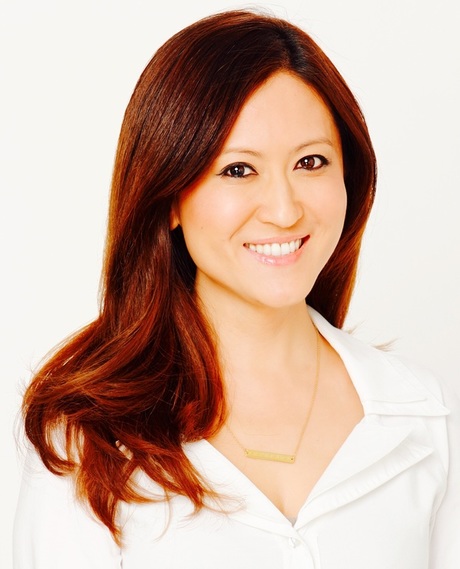
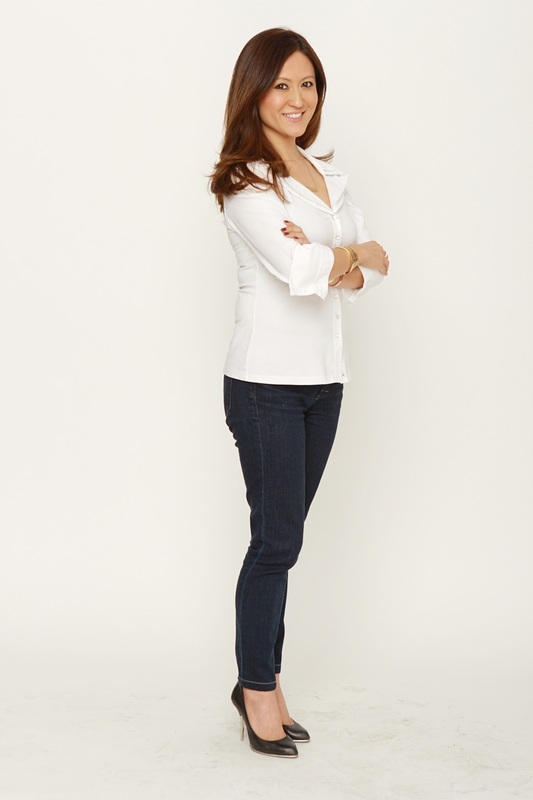
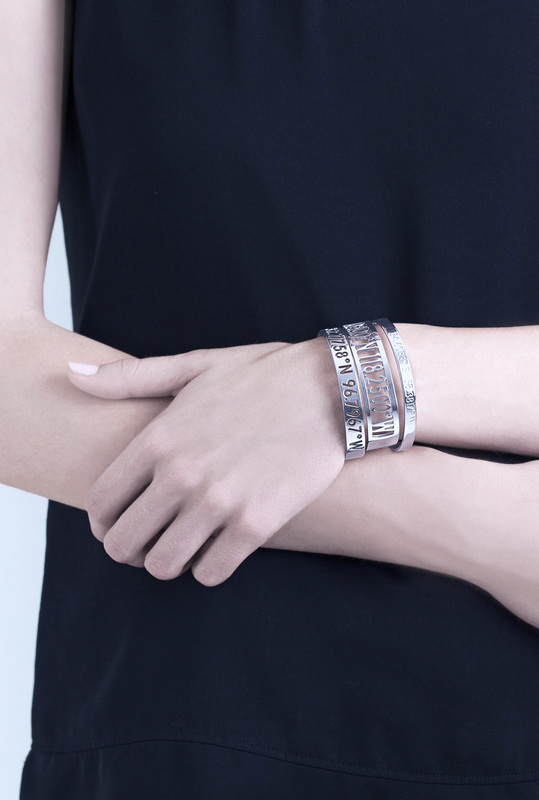
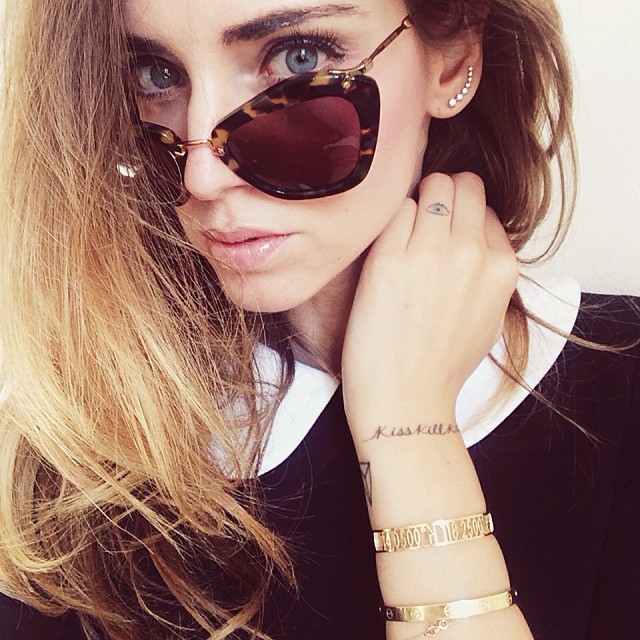
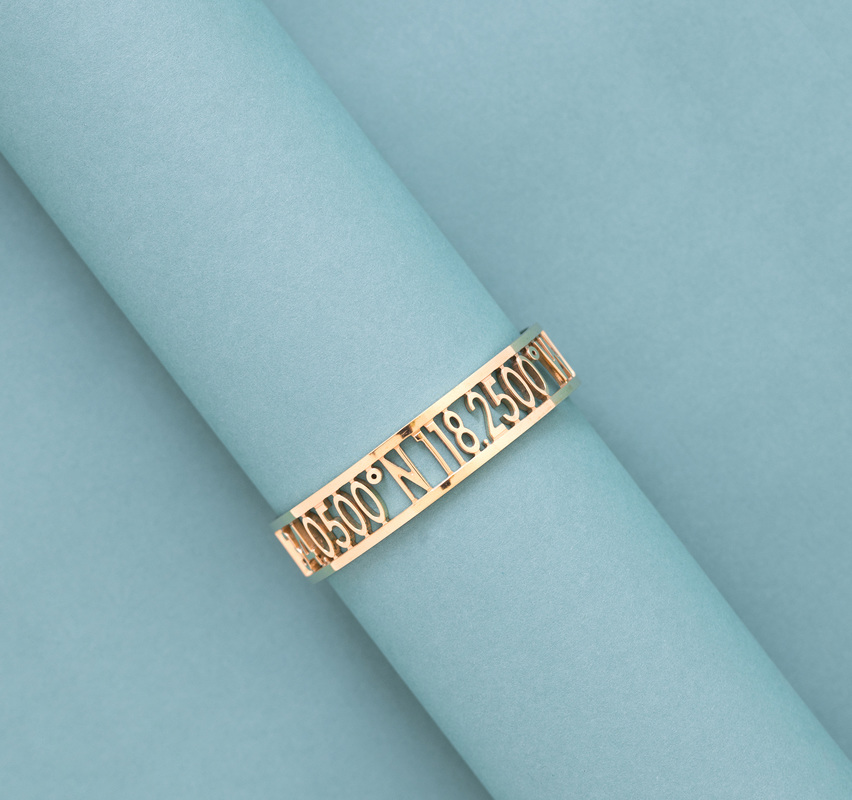
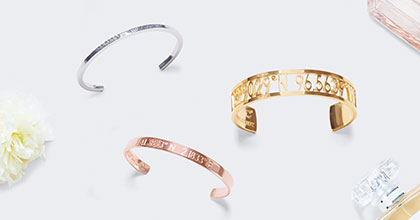
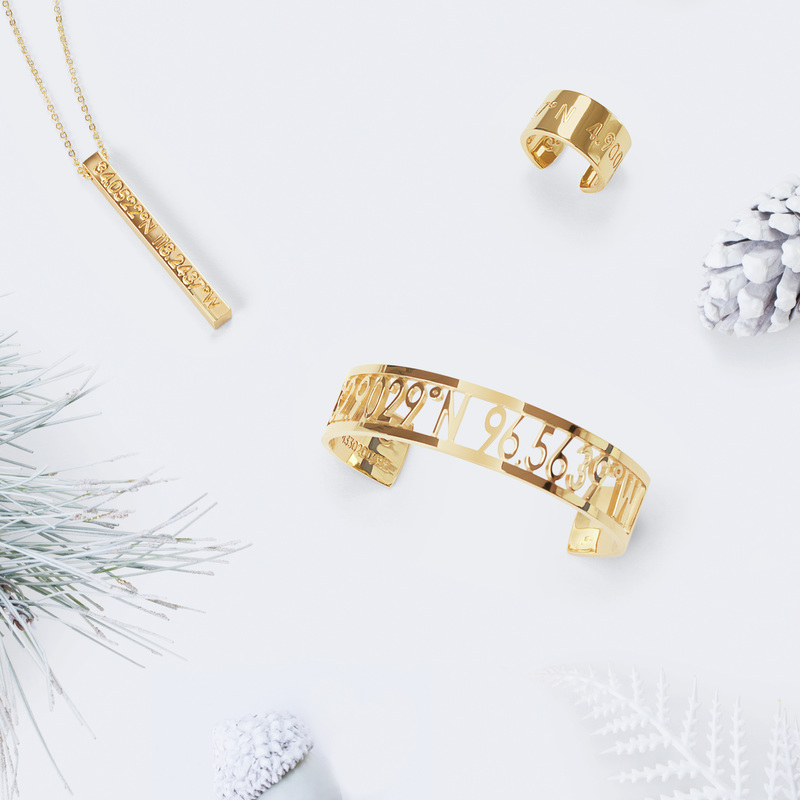
 RSS Feed
RSS Feed